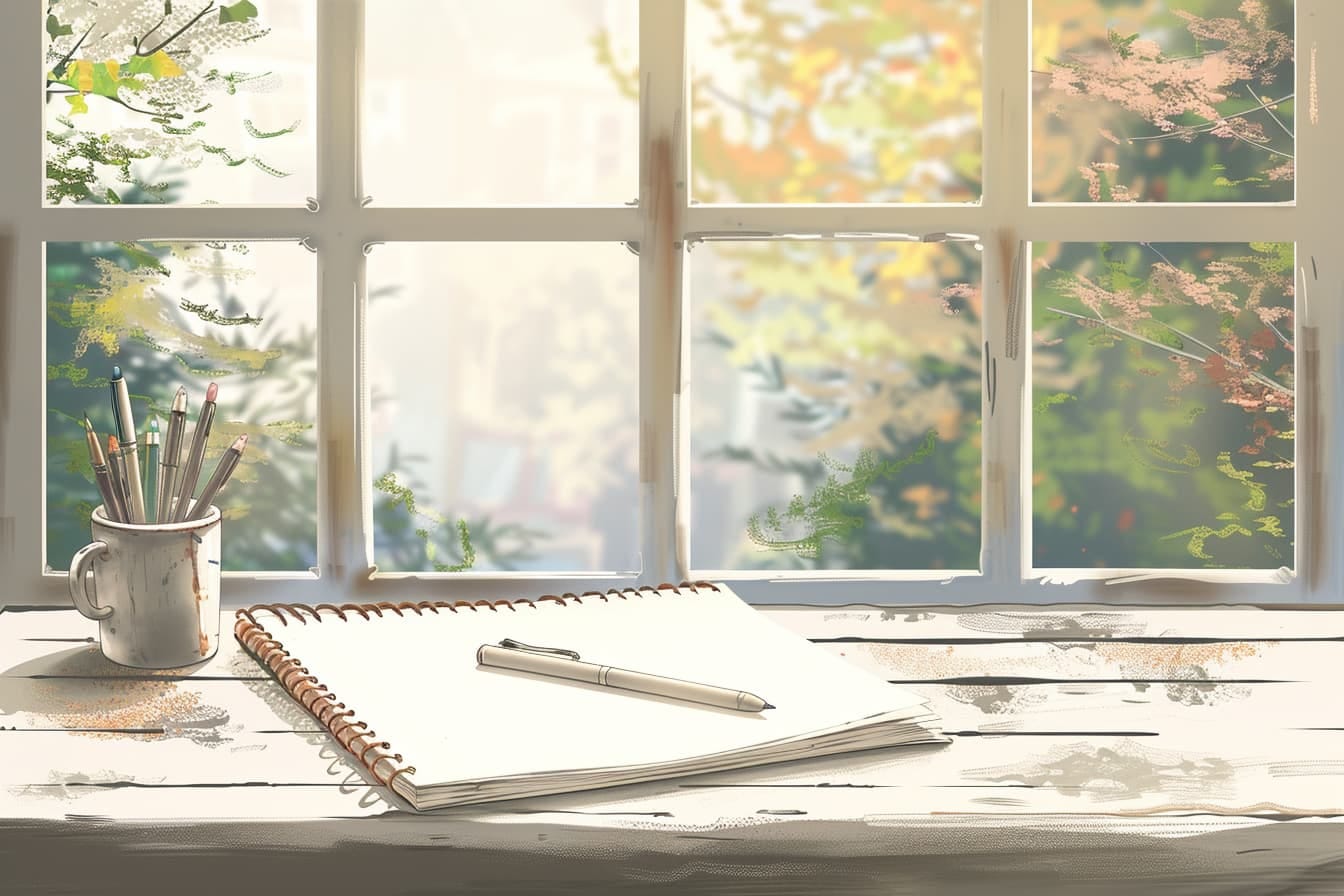A few days ago, Apple released a shockingly oblivious ad for its new iPad Pro. The ad (entitled "Crush!") shows creative tools like paint, a record player, and a piano being crushed under the weight of a hydraulic press. At the end, only the iPad Pro remains.
The Washington Post, summarizing the backlash, writes:
The ad hits at a time when artists feel a heightened vulnerability to the march of automation. The latest AI tools can mimic an artist's work on command; machine-generated articles, songs and images are mingling with and increasingly displacing the work of humans.
A Twitter/X user (@harikunzru) added: "Crushing the symbols of human creativity to produce a homogenized branded slab is pretty much where the tech industry is at in 2024."
I agree that many companies have an increasing disdain for creative work. I saw a CEO write on LinkedIn the other day that in-house writers have salaries that are "too high to make economic sense." His assumption, obviously, is that there's a limit to the value of creative work. That writers don't deserve to be compensated fairly for their work — that somehow their work is "worth less" than other roles like sales or accounting. It's attitudes like this that have led to the layoffs of journalists and the displacement of artists and writers by generative AI.
I, however, take a more optimistic view of the world. Perhaps idealistic, but I believe we are climbing a mountain of AI hype. When things begin to roll back downhill and when the dust settles, we'll be left with two things. One: creative work will be valued more, because it'll stand out in a sea of sameness. And two, we'll have found ways to let AI complement our work, rather than replace it.
Companies are always looking to cut costs
In the past, automation has come for repetitive work. We saw this on the assembly line. We saw the replacement of switchboard operators with phone menus. We saw the introduction of ATMs, replacing the need for tellers to dispense cash.
Coming for creative work is different. It shows disdain for what makes us human. An ATM can dispense cash because the work is repetitive. But there's nothing repetitive about creative work, and it's disingenuous to believe otherwise.
Yet companies always look at the bottom line, and for that, generative AI is attractive. Last year, the founder of a UK-based marketing agency bragged on Twitter/X that he'd used generative AI to barf out 1,800 articles for the purpose of helping a client's website rank in Google searches. This tactic went against Google's guidelines to create "people-first" content (rather than trying to feed the algorithm). The founder was congratulating himself as the client's website saw an enormous uptick in traffic, even as one Twitter/X user replied, "And you're proud of this? Pumping garbage to get on top of the trash heap? What about trying to make actually good and useful content... oh right, that's hard."
Eventually, Google caught on to this and a few months later, the site's rankings tanked with a 42% drop in traffic. Google ranks the overall quality of a website, and garbage doesn't fit the bill.
I was recently on a company's blog and the posts had clearly been written by AI. They were modified enough that a human editor likely tried to make the posts sound less robotic, but they weren't worth reading. And if they're not worth reading, what's the point?
That's what companies have gotten wrong. They believe that readers will consume bland, soulless output. They never recognized that the value in human-generated content was the human. A human made the words on a page worth reading.
Producing content that no one cares about leaves generative AI dangling as a cost center, with zero ROI.
Humans want content from humans
I believe so strongly that we're going to return to human-centered content because companies will always follow the money. If they replace human writers with generative AI, it'll eventually come back to hurt them. Humans can help their businesses, and relying on generative AI alone will hurt.
It's the reason that we've seen a rise in platforms like Patreon, Substack, and Ghost — people can directly support the creatives they care about. It's the reason small, independent publications can survive amid industry behemoths. Humans are following good content, wherever it leads them. We'll see creators and companies leaning more heavily into proprietary content, like interviews, videos, and thought leadership.
Companies that believe this are investing more in human content, not less. I believe they see a future where they'll win out. Maybe not immediately, but over the next few years we'll see truly creative work emerge as the gold standard by which all other content is judged.
I'm a big fan of automation. I have a whole website dedicated to the ways I automate my life. I use generative AI myself to speed up small parts of my writing process (like coming up with some talking points for an idea I have). I use AI to generate images, replacing my own failed attempts to create unique images to accompany my writing. But the longform creative work I do is all me.
In a recent episode of the Hard Fork podcast, a listener wrote in that she's incorporated generative AI into every part of her process (writing video scripts for a media company). The podcast hosts were rightly skeptical and wondered: if AI can replace everything, what was her role as a creative, exactly? Casey Newton said, "If you're making video, my hope would be that you want to put a real personal stamp on that. You want to put some human ingenuity in that. You just don't want to rely on the regurgitated writings of every human to come before you."
Almost 18 months after the release of ChatGPT, the generative AI product that really disrupted the way people think about AI capabilities, I'm not worried. There's no shortcut to creativity. I keep putting my work out into the world — as a human — and keep engaging with the humans who find creative work valuable and meaningful.
After all, it's the human experience that reminds us that we are not alone in the world.
If you love this newsletter and look forward to reading it every week, please consider forwarding it to a friend. You can also subscribe and access extra articles every month.
Have a work story you'd like to share? Please reach out using this form. I can retell your story while protecting your identity, share a guest post, or conduct an interview.





